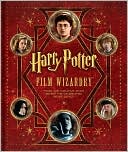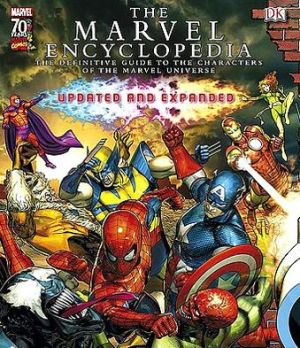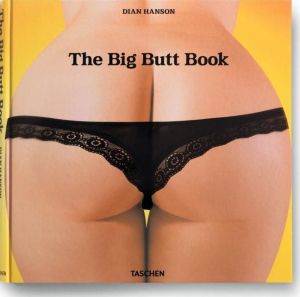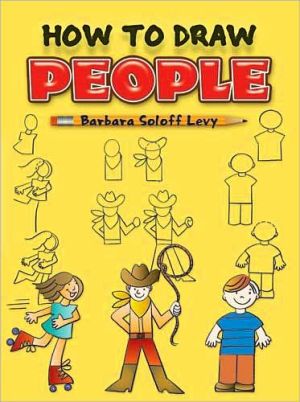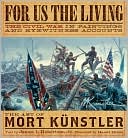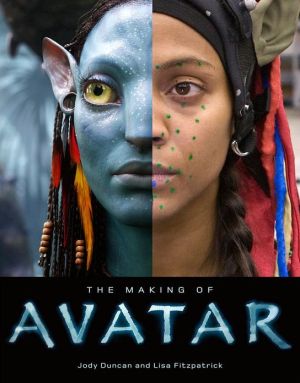Superman on the Couch: What Superheroes Really Tell Us about Ourselves and Our Society
Why are so many of the superhero myths tied up with loss, often violent, of parents or parental figures? What is the significance of the dual identity? What makes some superhuman figures "good" and others "evil"? Why are so many of the prime superheroes white and male? How has the superhero evolved over the course of the 20th and early 21st centuries? And how might the myths be changing? Why is it that the key superhero archetypes - Superman, Batman, Wonder Woman, Spider-Man, the X-Men -...
Search in google:
Why are so many of the superhero myths tied up with loss, often violent, of parents or parental figures? What is the significance of the dual identity? What makes some superhuman figures "good" and others "evil"? Why are so many of the prime superheroes white and male? How has the superhero evolved over the course of the 20th and early 21st centuries? And how might the myths be changing? Why is it that the key superhero archetypes - Superman, Batman, Wonder Woman, Spider-Man, the X-Men - touch primal needs and experiences in everyone? Why has the superhero moved beyond the pages of comics into other media? All these topics, and more, are covered in this lively and original exploration of the reasons why the superhero - in comic books, films, and TV - is such a potent myth for our times and culture.Library JournalFingeroth draws on his decades of working at Marvel Comics (including work as the editorial director of the Spider-Man comics family) to write this personal, engaging, and earnest work. He addresses, among other topics, superheroes and immigration (Superman, the ultimate alien), superheroes and family relations (Fantastic Four and X-Men), and the development of the teen voice in comic books (from sidekick to Spider-Man). Fingeroth hits a number of high notes, especially in his discussion of villains as proactive characters, as opposed to the usually reactive heroes. He also considers the idea of the female superhero. Fingeroth supports his assertions with a good array of scholarly and popular sources, including work by Joseph Campbell, Gloria Steinem, and Les Daniels. The result is an easygoing exploration of superheroes' cultural significance, and it will appeal to a mainstream audience. Comics legend Stan Lee provides the foreword to this slim volume. The hardcover carries a hefty price tag, so larger public libraries may wish to consider the paperback. Because of the subject matter's appeal and the accessibility of Fingeroth's writing, this title is an especially good choice for school libraries.-Audrey Snowden, Brewer, ME Copyright 2004 Reed Business Information.
Foreword91Why Superheroes?132It Started with Gilgamesh: The History of the Superhero313The Dual Identity: Of Pimpernels and Immigrants from the Stars474Storm of the Orphans: Superman, Batman, and Spider-Man635Amazon Grace: Wonder Woman, Xena, and Buffy796Thermonuclear Families: The Justice League, the S-Men, and the Fantastic Four977You Wouldn't Like Me When I'm Angry: The Hulk, Judge Dredd, and Wolverine1198Changing Voices: From Robin to Spider-Man1399Values and Villains: What's at Stake?15510The Future of the Superhero169Afterword: Getting Personal173Select Bibliography179Acknowledgments183Index185
\ Library JournalFingeroth draws on his decades of working at Marvel Comics (including work as the editorial director of the Spider-Man comics family) to write this personal, engaging, and earnest work. He addresses, among other topics, superheroes and immigration (Superman, the ultimate alien), superheroes and family relations (Fantastic Four and X-Men), and the development of the teen voice in comic books (from sidekick to Spider-Man). Fingeroth hits a number of high notes, especially in his discussion of villains as proactive characters, as opposed to the usually reactive heroes. He also considers the idea of the female superhero. Fingeroth supports his assertions with a good array of scholarly and popular sources, including work by Joseph Campbell, Gloria Steinem, and Les Daniels. The result is an easygoing exploration of superheroes' cultural significance, and it will appeal to a mainstream audience. Comics legend Stan Lee provides the foreword to this slim volume. The hardcover carries a hefty price tag, so larger public libraries may wish to consider the paperback. Because of the subject matter's appeal and the accessibility of Fingeroth's writing, this title is an especially good choice for school libraries.-Audrey Snowden, Brewer, ME Copyright 2004 Reed Business Information.\ \ \ \ \ School Library JournalAdult/High School-Fingeroth offers a lucid and accessible social critique of the mainstream comics' preternatural characters as well as reasoning why and how the public welcomes such stories. Although he rightfully reaches back to earlier literary uses and developments of heroic character types, these discussions don't demand strong academic knowledge of world cultures, nor do his analyses of superhero motives require readers to be grounded in theoretical psychology. Instead, this is an engaging discussion that may turn some readers into literary sleuths and deeper thinkers, simply because the writing is so solid and the presentation so balanced. Even those who aren't fans of Spider-Man or Batman will be able to understand the relevance of considering how fiction and culture interact with one another. An excellent resource for both research and pleasure reading.-Francisca Goldsmith, Berkeley Public Library, CA Copyright 2004 Reed Business Information.\ \

